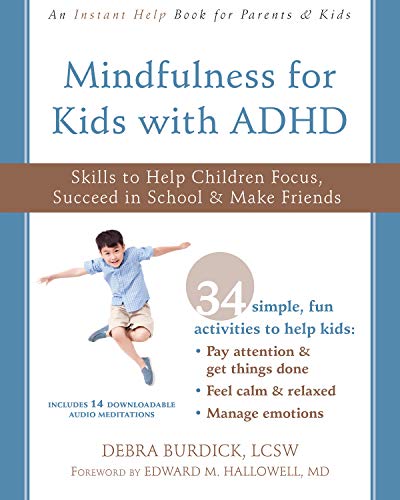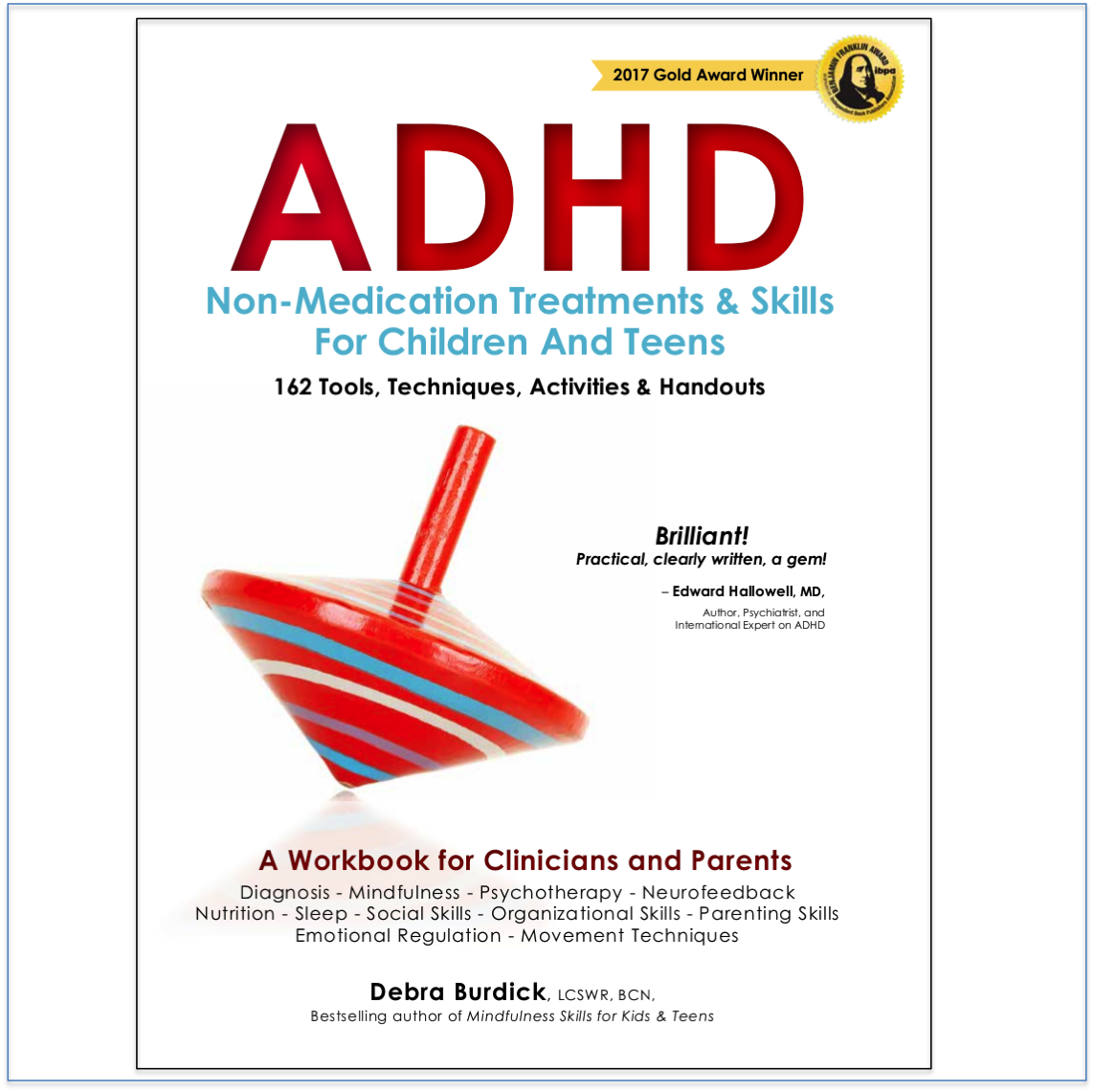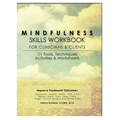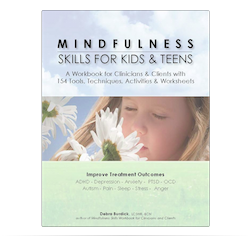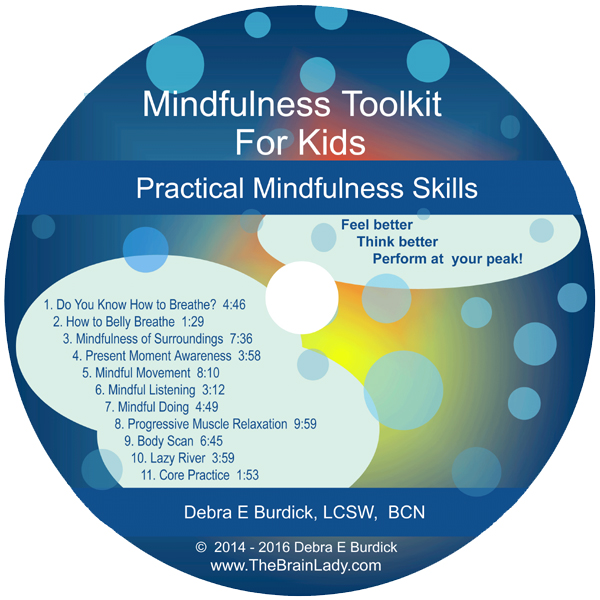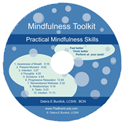Chronic Illness
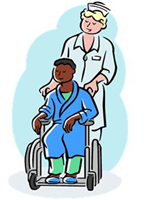 Dealing with any chronic medical illness can be stressful and exhausting. Pain and illness use up a huge amount of energy. Sleep is often disturbed when an illness is present. Dealing with the medical community to make sure everything possible is being done can sometimes feel like a full time job. Managing the symptoms and following the treatment regime becomes all encompassing. Dealing with the many losses that accompany illness is often depressing. Learning to thrive within the limits of the illness is challenging but essential.
Dealing with any chronic medical illness can be stressful and exhausting. Pain and illness use up a huge amount of energy. Sleep is often disturbed when an illness is present. Dealing with the medical community to make sure everything possible is being done can sometimes feel like a full time job. Managing the symptoms and following the treatment regime becomes all encompassing. Dealing with the many losses that accompany illness is often depressing. Learning to thrive within the limits of the illness is challenging but essential.
TREATMENT
Psychotherapy aimed at helping the medically ill person can be very effective in improving the person’s quality of life. Stress management skills can be an essential part of the treatment. Mindfulness skills have been shown to improve immune function and improve physical health as well as lower the stress response. Neurofeedback has been proven to be helpful for stress, pain, cognitive function, sleep, addictions and more which can all add to improvement in health and quality of life in the chronically ill. Family therapy also helps the family work better as a whole and couples therapy can help couples where one partner is chronically ill. These treatment modalities can improve the treatment outcomes of the medical treatment necessary to treat the illness.
I have worked with a number of clients who were chronically ill. One with Fibromyalgia experienced a significant improvement in her symptoms using Neurofeedback. Another with Fibromyalgia learned to pace herself better within the limits of her pain which resulted in fewer setbacks and bouts of debilitating pain and fatigue. Another woman with late stage cancer was better able to prepare herself and her family for her impending death, enjoyed processing the stages of the end of life, and passed on in a peaceful state.
Caution: The information presented here is for your reference only and should not be used to diagnose or treat any condition. It is not intended to substitute for the advice of you or your child’s medical doctor or mental health professional.
PLEASE NOTE: As of December 31, 2014 Deb has retired from her private practice and is no longer accepting new clients so that she can concentrate on writing and teaching. The above is for historical/informational purposes only.



